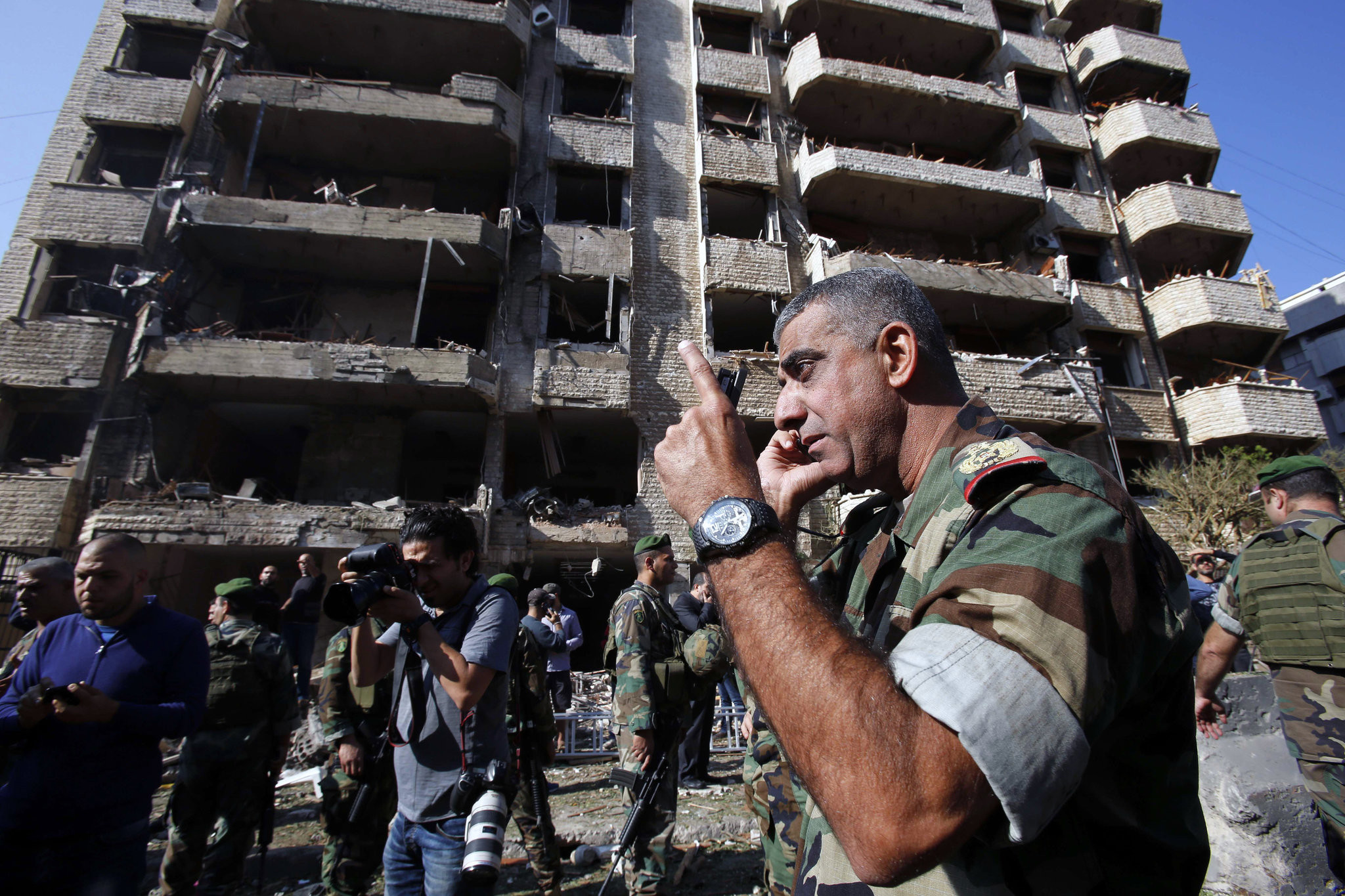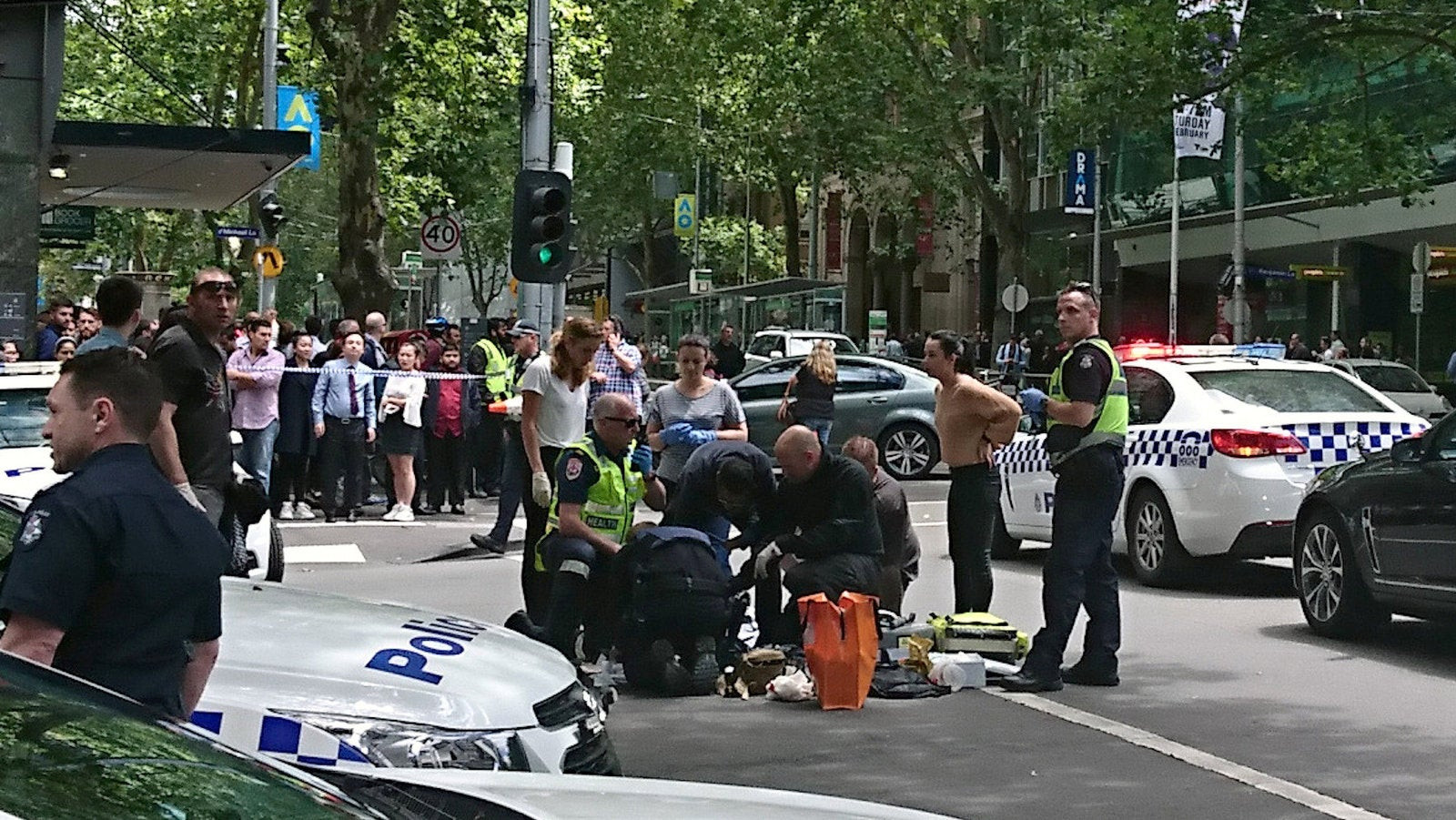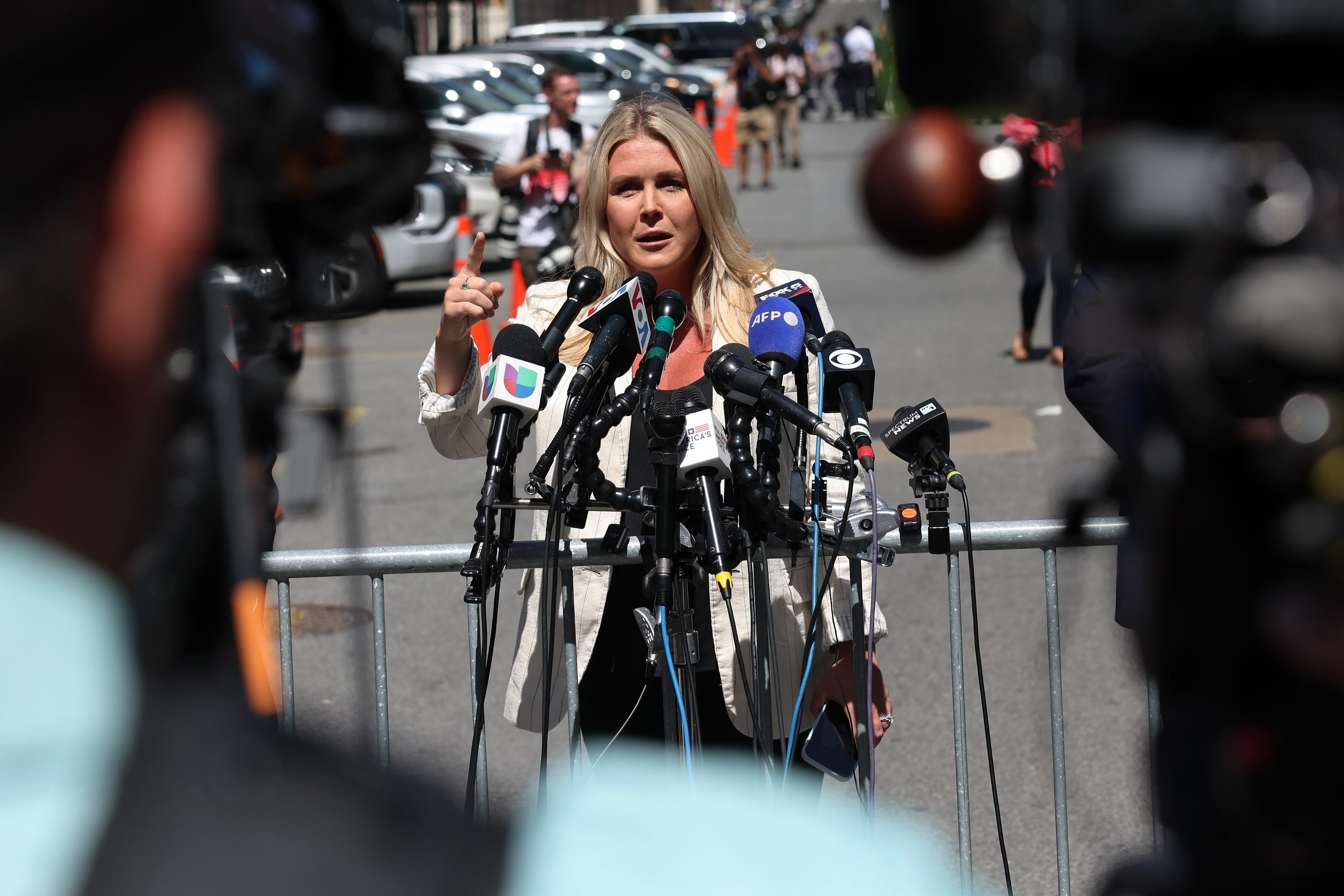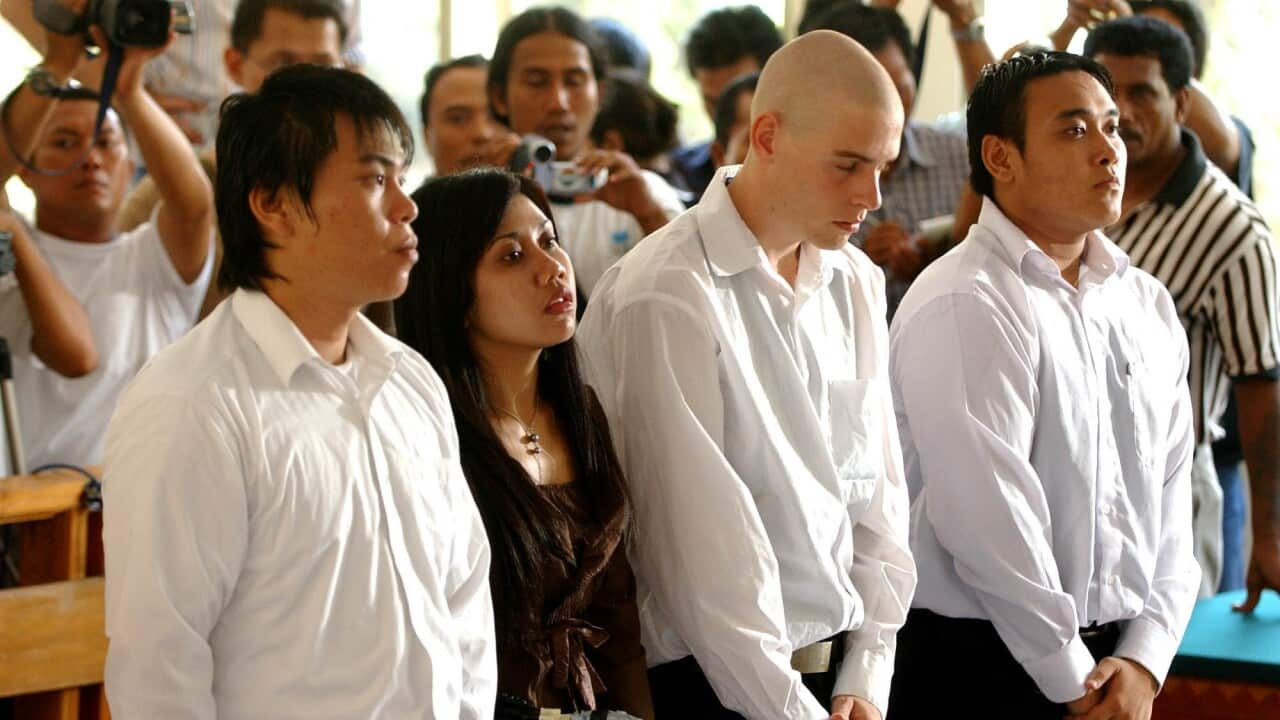Israel's Beirut Airstrikes and the Path to a Potential Ceasefire
The recent Israeli airstrikes in Beirut, Lebanon, have dramatically escalated tensions in the region. These attacks, which targeted several locations including the Tayouneh neighborhood, resulted in significant damage and raised concerns about potential casualties. An 11-story residential building in Tayouneh was struck, with images showing a massive explosion and subsequent fire. The Israeli military, issuing a warning prior to the strike, claimed the target was a Hezbollah facility. However, the extent of the destruction and the proximity of the targeted buildings to residential areas sparked outrage and calls for de-escalation.
The US Mediation Efforts and a Draft Ceasefire Proposal
Amidst the escalating violence, the United States has stepped up mediation efforts to broker a ceasefire between Israel and Hezbollah. According to Lebanese media reports, U.S. Ambassador Lisa Johnson delivered a draft proposal aimed at ending the conflict to Lebanese Parliament Speaker Nabih Berri, who is acting as Hezbollah's primary negotiator. While the contents of the proposal remain largely undisclosed, it is understood to be based on UN Security Council resolution 1701, which ended the 2006 Israel-Hezbollah war. Resolution 1701 calls for the Lebanese army and UN peacekeepers to be the sole armed actors in southern Lebanon, implying Hezbollah's withdrawal from the border region. This element has remained a significant point of contention in past negotiations. A Lebanese official confirmed a meeting between Ambassador Johnson and Speaker Berri, but remained tight-lipped about the exchange of any draft proposals. This confirmation, however, underscores the ongoing diplomatic efforts toward achieving a lasting resolution to the conflict. The U.S. Embassy, as reported, neither confirmed nor denied these reports about the proposal, emphasizing the delicate nature of the ongoing negotiations.
Iran's Involvement and Lebanon's Plea for Intervention
Lebanon's caretaker Prime Minister Najib Mikati directly appealed to Iran, a major backer of Hezbollah, to facilitate a ceasefire. His request underscores the critical role Iran plays in shaping the conflict's trajectory. This call to Iran came after Ali Larijani, a top advisor to Iranian Supreme Leader Ali Khamenei, visited Beirut, engaging in talks with both Speaker Berri and Prime Minister Mikati. Larijani's visit, timed with the Israeli strikes, heightened the regional geopolitical complexity. He affirmed Iran's support for Lebanon's government and people, emphasizing their commitment to resolving the conflict. While Larijani stated that their efforts are not intended to undermine the U.S. mediation, his visit adds a significant layer of uncertainty to the negotiation process. The Lebanese government, it seems, is seeking a balance, wanting both a resolution to the war and to preserve its national unity without undue Iranian influence.
The Human Cost and the International Community's Response
The conflict has exacted a heavy toll on both Lebanon and Gaza. In Lebanon, the Health Ministry reports more than 3,400 fatalities, with a disproportionate number occurring in the past month, resulting from the Israeli bombardment. Simultaneously, Israel's continued campaign in the Gaza Strip has caused tens of thousands of deaths according to Palestinian health officials. This massive loss of life necessitates an urgent call for humanitarian assistance, especially since many of the casualties reported are women and children. The UN Security Council's circulation of a draft resolution demanding an “immediate, unconditional, and permanent ceasefire” in Gaza, albeit dependent on US support, underscores the growing international pressure to end the prolonged conflict. The potential for further escalation and the dire humanitarian situation are raising concerns amongst international bodies.
Navigating the Complexities: Towards a Durable Solution
The situation is fraught with complexities, influenced by the deep-seated historical animosity, the entangled regional power dynamics, and the long-standing grievances of all parties involved. The path toward a lasting ceasefire requires a delicate balance of diplomacy, strong political will, and a genuine commitment from all stakeholders to address the underlying issues that fuel the conflict. Success depends not only on achieving a formal ceasefire, but also on establishing trust and fostering conditions that promote long-term stability and prevent future escalations. Ultimately, a successful resolution must prioritize the safety, well-being, and rights of those most affected by the conflict. The road ahead necessitates a concerted effort to build a sustainable peace. A robust ceasefire is the initial and crucial step; yet, that step must be followed by a concerted commitment to address the root causes, to forge a path towards reconciliation, and ensure a future where peace prevails over conflict. The international community plays a crucial role in this pursuit. International assistance and sustained engagement will be vital in supporting the implementation of the ceasefire, addressing humanitarian needs, and facilitating long-term reconciliation efforts between the belligerent parties.

















